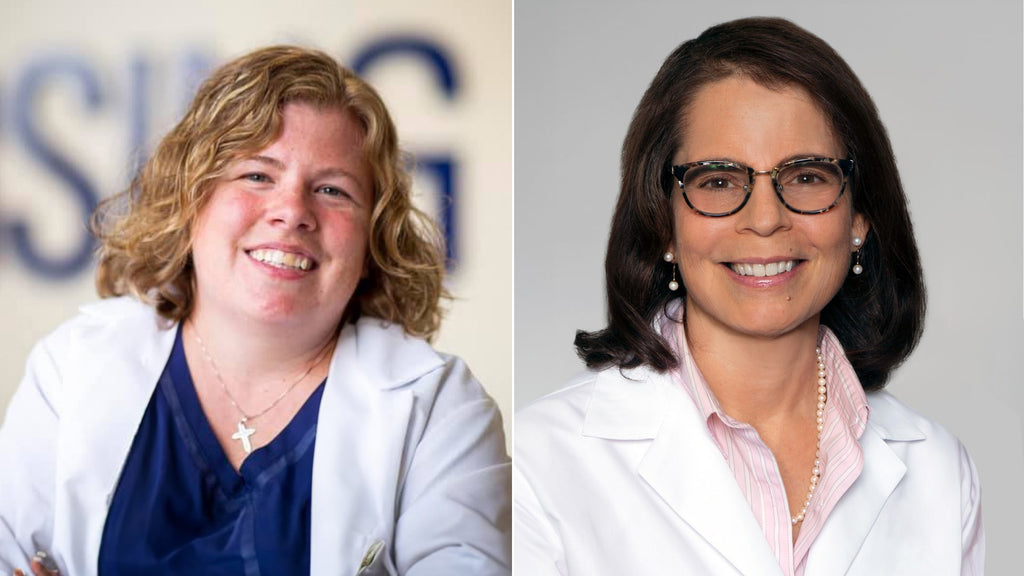Stethoscope Program Helps Healthcare Pros With Hearing Loss

"[The project] aims to provide equitable opportunities to access stethoscopes for aspiring and current healthcare professionals to have the best possible fit to promote professional success!"
A brief overview of the Stethoscope Equity Project
The Stethoscope Equity Project's mission is to provide advice, support, and loaner digital and amplified stethoscopes so healthcare professionals with hearing loss and d/Deafness can decide which device works best for them, prior to purchasing directly from stethoscope companies. Meeting technical standards for stethoscope use is often a challenge because of individual differences in hearing devices (hearing aids, cochlear implants) and in assistive technology, which can change over time. SEP aims to provide equitable opportunities to access stethoscopes for aspiring and current healthcare professionals to have the best possible fit to promote professional success!
How/Why did the project start?
We receive so many inquiries through our AMPHL portal requesting stethoscope advice! Many people aren't sure what will optimally work for them, and students need consultation which isn't usually provided by medical, nursing, and other health professional schools. It often becomes a long trial and error process to experiment with different stethoscopes that fit their needs, which can be cost-prohibitive.
Sometimes employers or schools will cover the stethoscope cost as part of the accommodations process; however, they need to know which device is the best fit for them to purchase. This can often be a confusing time, especially when making an expensive purchase to ensure they are able to perform their job effectively and efficiently. SEP was created to help with stethoscope selection through a loaner program to assist in making the best decision, and also to allow medical professionals and students to network and learn from others with similar experiences who are members of AMPHL.
What challenges do medical professionals with hearing loss face?
There are many challenges that vary with the individual medical professional or student and the setting, whether at the systemic or individual level. These include but are not limited to listening/auditory fatigue, lack of visual cues (operating room, masks, speakers not facing the listener, etc.), inaccessible equipment, and lack of availability of interpreters and captioning/live transcription. It's also a challenge to advocate and educate peers, staff, teachers, patients, and coworkers about providing optimal communication and offering strategy choices.
How does SEP help medical professionals with hearing loss?
The Stethoscope Equity Project gives users a chance to experiment with different stethoscopes and connectivity options such as over-the-ear headphones, streaming devices, Bluetooth, etc. Also, users are encouraged to work with their hearing healthcare providers to create special programs for their hearing devices (hearing aids and cochlear implants), emphasizing low frequency ranges to allow for accurate detection of body sounds.
What value does Eko provide to the project?
Eko generously donated stethoscopes for the SEP loaner program, provided discount codes for our AMPHL users to purchase stethoscopes directly from Eko, and also partnered with AMPHL to help with connectivity to hearing devices.
To learn more about AMPHL and the Stethoscope Equity Project, visit amphl.org.
MKT-0002882

